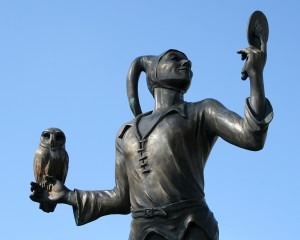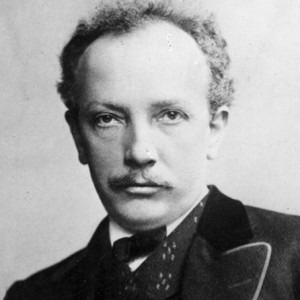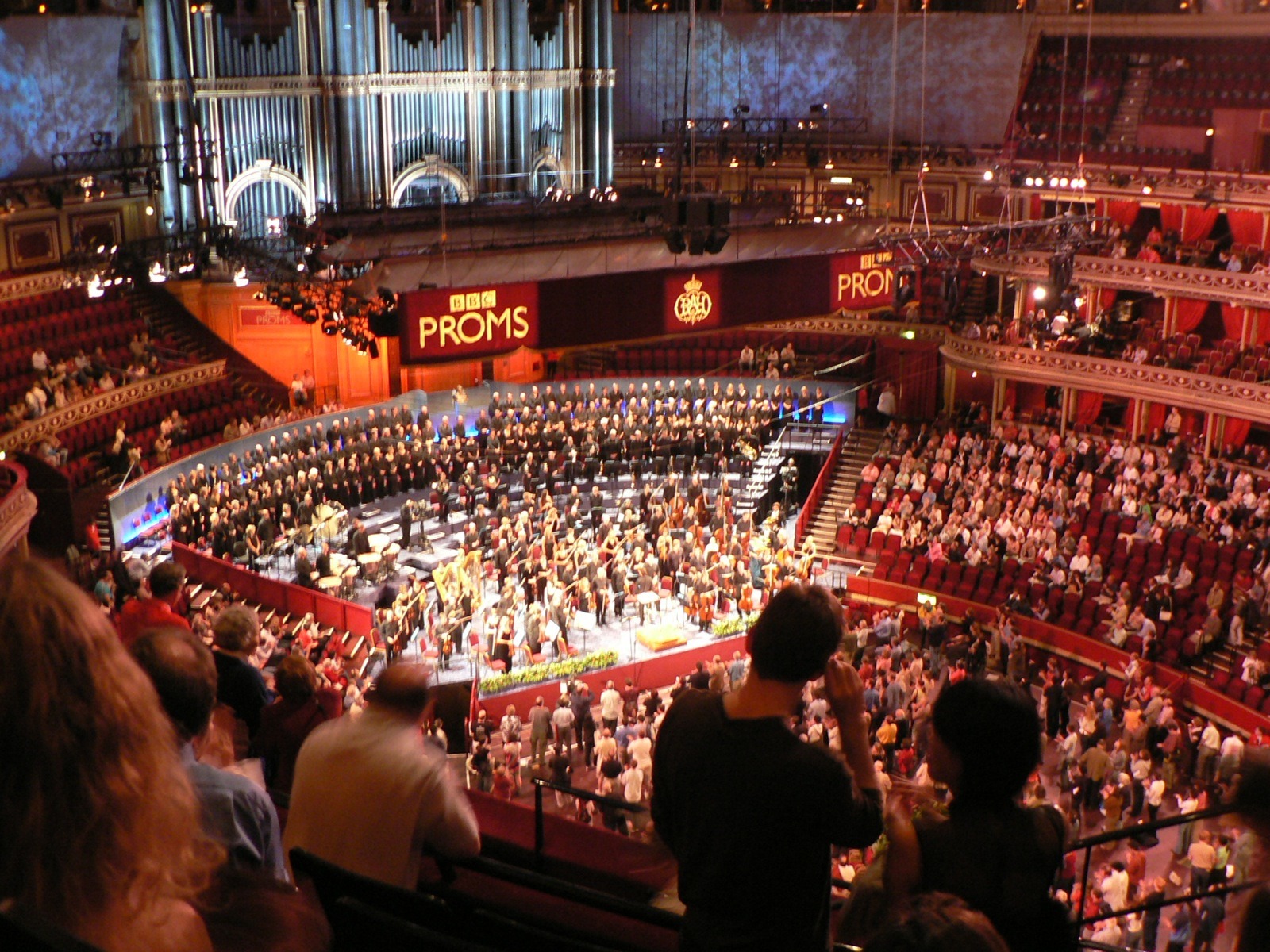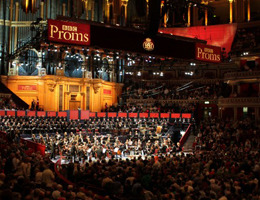 For Richard Strauss, music was always capable of telling a good story. In his tone poems, we find a composer “capable of making poetic or narrative content and formal design coalesce with great brilliance.” Strauss’s tone poems—although he preferred to call them symphonic poems—are modeled after the programmatic compositions of Berlioz and Liszt. Frequently based on literary sources, his musical depictions nevertheless reference autobiographical, representational or philosophical subjects. Don Quixote was completed in 1898 and dramatizes Cervantes’s famous novel of 1605. It described the adventures of the anti-hero Don Quixote, musically represented by the cello, and his sidekick Sancho Panza who can be heard in the bass clarinet and tenor tuba. And let’s not forget his horse Rosinante, suggested by motives sounded in the solo viola! Don Juan established Strauss’s reputation as the foremost German composer of his time. It was his first completed mature work, and musically depicts events in the life of the famous philanderer. The listening public, however, was hardly ready for the blatantly erotic subject matter and the concreteness of the musical narrative. In his earlier, and highly descriptive symphonic poem Till Eulenspiegel’s Merry Pranks meanwhile, Strauss had chronicled the misadventures and mischiefs of the German peasant folk hero “Till Eulenspiegel.”
For Richard Strauss, music was always capable of telling a good story. In his tone poems, we find a composer “capable of making poetic or narrative content and formal design coalesce with great brilliance.” Strauss’s tone poems—although he preferred to call them symphonic poems—are modeled after the programmatic compositions of Berlioz and Liszt. Frequently based on literary sources, his musical depictions nevertheless reference autobiographical, representational or philosophical subjects. Don Quixote was completed in 1898 and dramatizes Cervantes’s famous novel of 1605. It described the adventures of the anti-hero Don Quixote, musically represented by the cello, and his sidekick Sancho Panza who can be heard in the bass clarinet and tenor tuba. And let’s not forget his horse Rosinante, suggested by motives sounded in the solo viola! Don Juan established Strauss’s reputation as the foremost German composer of his time. It was his first completed mature work, and musically depicts events in the life of the famous philanderer. The listening public, however, was hardly ready for the blatantly erotic subject matter and the concreteness of the musical narrative. In his earlier, and highly descriptive symphonic poem Till Eulenspiegel’s Merry Pranks meanwhile, Strauss had chronicled the misadventures and mischiefs of the German peasant folk hero “Till Eulenspiegel.”
Richard Strauss: Till Eulenspiegel, Op. 28

Richard Strauss
Credit: http://totallyhistory.com/
Although episodic in nature, the work suggests a rondo form as the return of Till’s two principle themes articulate his various adventures. The work opens with a “once upon a time” theme, as the solo horns burst in with two repetitions of the first Till theme. Distributed throughout the orchestra, a clarinet theme next emerges, suggesting Till’s laughter as he contemplates his next prank. Complex rhythms and colorful orchestration present Till’s adventures, and includes the haughty theme of the clergy and amorous woodwind solos in the romantic interlude. As the composition reaches its climax, a sudden drum roll announces the gallows. A brief musical dialogue ensues, with the piercing shout of the clarinet signaling Till’s final moments. Claude Debussy suggested in 1903 that the work resembled “an hour of music in an insane asylum. You do not know whether to roar with laughter or with pain.” In spite of Debussy’s damming assessment, Till Eulenspiegel has since become one of Richard Strauss’s most popular and most beloved symphonic poem.
Till Eulenspiegel will be performed on the last night of the BBC Proms on 12 September 2015 by Marin Alsop with the BBC Symphony Orchestra.
Official Website




